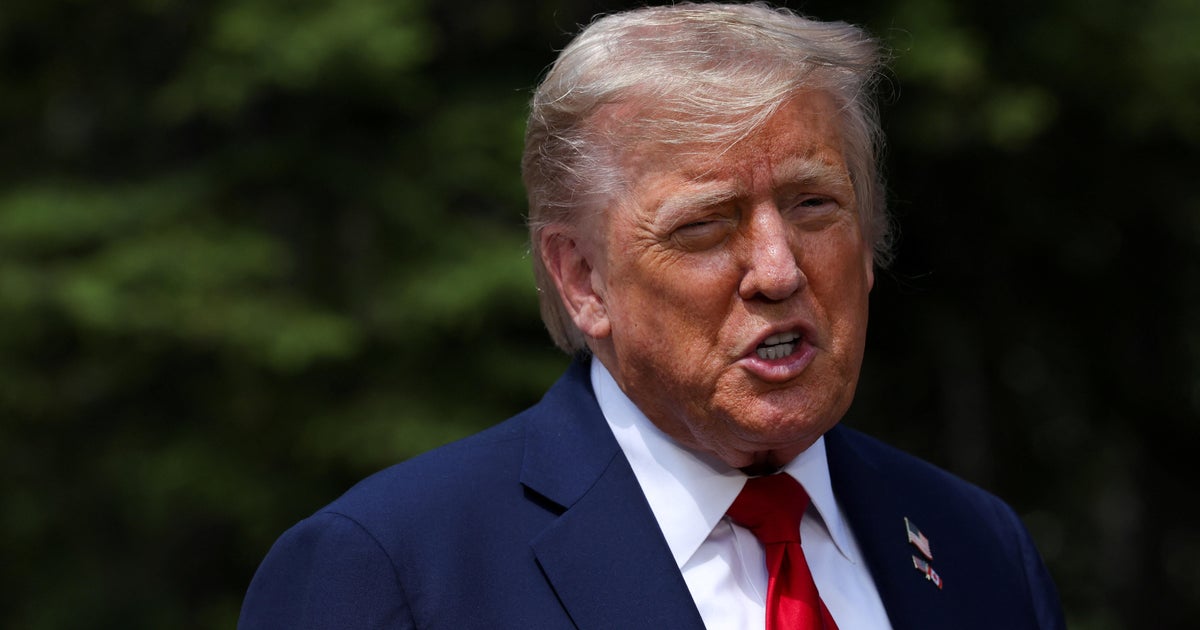In a recent and shocking statement, President Donald Trump expressed his reluctance to communicate with Minnesota Governor Tim Walz following the targeted shootings of two state lawmakers, stating that such a call would be a “waste of time.” This incident underscores a considerable deviation from the traditional presidential duty of extending support and condolences in times of local tragedies, further intensifying the already stark political tensions.
The terrible event unfolded in Minnesota, where Representative Melissa Hortman and her husband, Mark, were fatally shot. Simultaneously, State Senator John Hoffman and his wife, Yvette, suffered injuries in a separate, but related attack. The community and state officials have been left in mourning, with a demand for firm responses and heightened security measures. The assailant, identified as Vance Boelter, aged 57, now faces multiple state and federal charges concerning these attacks. The alarming details disclosed by authorities revealed that Boelter had a calculated plan to target various lawmakers, evidenced by visits to other representatives’ homes on the night of the attacks.
President Trump’s remarks were made aboard Air Force One as he was returning to Washington after an abruptly shortened visit to the G7 summit in Canada, which was cut short due to escalating tensions in the Middle East between Israel and Iran. When questioned by reporters about whether he intended to reach out to Governor Walz, President Trump described the governor as “slick” and “whacked out”, bluntly stating his decision not to call him by asserting, “I’m not calling him.” Trump characterized Walz as clueless and disorganized, dismissing the potential call as unnecessary and unproductive.
This response from the President starkly contrasts with the traditional presidential role during crises, where reaching out to affected parties is customary to convey solidarity and assurance from the national leadership. Moreover, Trump’s dismissive remarks about Governor Walz—who once remarked during his vice presidential campaign with 2024 Democratic nominee Kamala Harris that Trump and other Republican politicians were “just weird”—fuel an already polarized national political atmosphere.
Governor Walz’s office responded by emphasizing that the tragedy transcends personal and political disputes, focusing instead on the victims and the broader Minnesota community’s healing process. The statement expressed a desire for the President to embody a leader for all Americans, particularly in such challenging times.
Further complicating the state’s response to this tragedy was a conversation reported between Governor Walz and Vice President J.D. Vance, indicating ongoing coordination between federal and state law enforcement to address the public safety threat posed by such targeted violence. This dialogue has underscored the growing need for cooperation irrespective of political alignment, particularly in ensuring the security and safety of public officials and the constituents they serve.
The capture of the suspect, Vance Boelter, after a comprehensive manhunt involving multiple agencies, marks a crucial step in addressing this crime. However, as he has yet to enter a plea, the forthcoming legal proceedings are anticipated to be a focal point of considerable public and media attention, likely influencing subsequent discussions on law enforcement and public official safety.
The broader implications of President Trump’s refusal to communicate with Governor Walz raise significant concerns about the potential erosion of expected presidential conduct in times of state emergencies or tragedies. History shows that presidential outreach has often served as a crucial unifying gesture, irrespective of the state leader’s political affiliations, encapsulating the president’s role as a unifier and a figure of national stability.
Moreover, this incident may propel further discussions on the security measures afforded to lawmakers, the implications of political rhetoric on public behavior, and the responsibilities of national leaders in setting a tone of civility and support.
In conclusion, the targeted shootings in Minnesota have not only resulted in heartbreak and loss but have also ignited a contentious debate on presidential responsibilities, bipartisan cooperation, and the alarming reality of targeted violence against public officials. As investigations continue and legal proceedings against Vance Boelter progress, the resilience of Minnesota’s communities and their leaders’ response to such profound challenges will likely be tested under the nation’s watchful eye.









